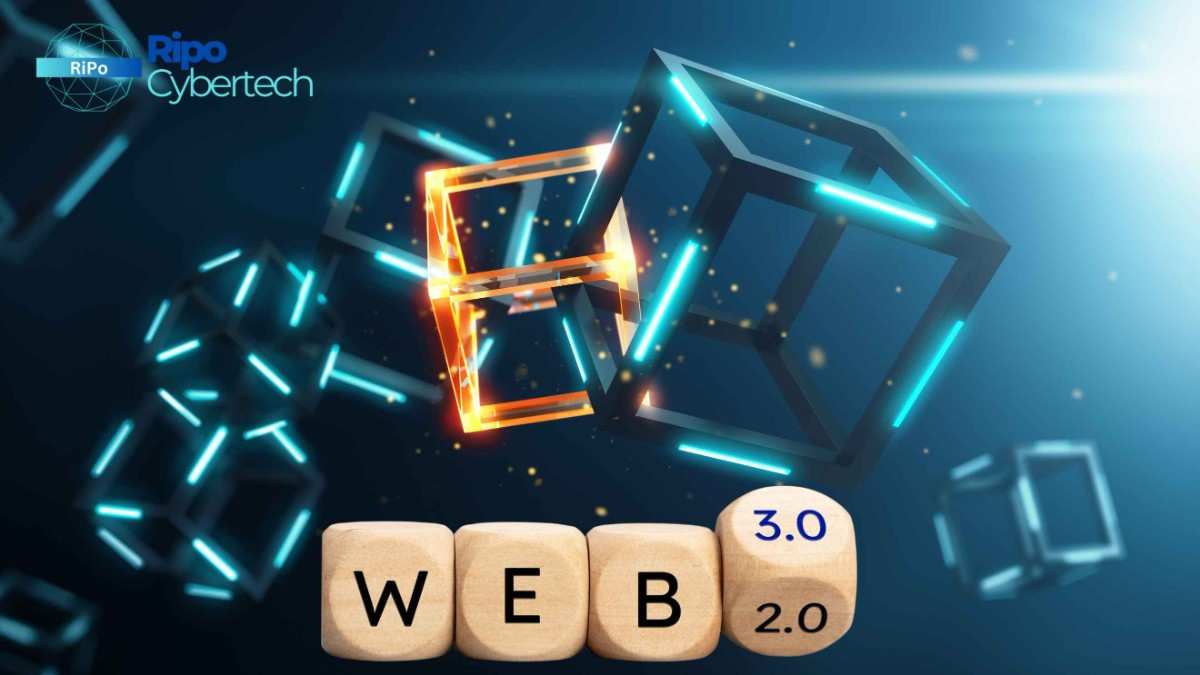
What is Quantum Computing — and Why Should You Care?
Quantum computing operates on quantum bits, or qubits, which can exist in multiple states at once. This ability allows quantum computers to solve problems at speeds far beyond what classical computers can achieve.
To put it simply, a problem that would take your current computer thousands of years might take a quantum machine just minutes.
While this sounds like a dream for scientists and engineers, it presents a nightmare for cybersecurity.
Most of today’s encryption methods — such as RSA, ECC, and Diffie-Hellman — depend on the fact that classical computers can’t break them within a reasonable time. But quantum computers will eventually be able to break them easily.
The Threat: Harvest Now, Decrypt Later
Cybercriminals are already preparing for the quantum future. Many are stealing encrypted data today with the intent to decrypt it later when quantum hardware becomes available.
This means sensitive information being protected by current encryption standards could be vulnerable in a few years.
Your bank data, academic records, or even your government ID — everything is at risk unless we act now.
The Solution: Post-Quantum Cryptography (PQC)
Post-Quantum Cryptography is the answer. It refers to a new category of encryption methods that are secure even against quantum computers.
These algorithms are not based on traditional number factorization or elliptic curves. Instead, they use complex mathematical structures like lattices, multivariate polynomials, and hash-based cryptography that are difficult for both classical and quantum systems to crack.
Organizations such as the National Institute of Standards and Technology (NIST) are already selecting and standardizing PQC algorithms like CRYSTALS-Kyber, Falcon, and Dilithium.
At RIPO Cybertech, we are staying ahead of this curve.
What RIPO Cybertech is Doing
Our teams are already working with quantum-safe algorithms to develop solutions for the financial sector, healthcare systems, and government agencies. We are:
-
Migrating legacy systems to quantum-resistant cryptography
-
Testing hybrid encryption schemes combining classical and PQC
-
Contributing to open-source PQC tools
-
Training engineers to develop secure systems that are future-proof
We believe in being proactive — not reactive — when it comes to cybersecurity.
Why Students Should Pay Attention
Most college courses are still stuck in the classical era of encryption. That creates a massive opportunity for students who are ready to step into emerging tech fields like PQC and quantum-secure architecture.
If you want to work on real-world problems that matter, this is your moment.
By joining RIPO Cybertech as an intern, you won’t just be learning theories. You will:
-
Build and test post-quantum encryption models
-
Write secure code for real clients and government systems
-
Work with tools and standards used by NIST and global security firms
-
Get mentorship from industry experts in cryptography and cybersecurity
What Our Internship Offers
We don’t believe in theory without application. As an intern at RIPO Cybertech, you will:
-
Join live projects related to quantum security
-
Contribute to tools being used by businesses and security teams
-
Learn cutting-edge skills not taught in most colleges
-
Receive certificates, experience letters, and performance-based incentives
-
Be considered for pre-placement offers based on your performance
Whether you're studying computer science, IT, cybersecurity, or mathematics — this internship can shape your career and set you apart in any job market.
Apply Now: Internship Opportunities at RIPO Cybertech
If you're a student who wants to work on technology that will dominate the next decade, this is your chance.
We are currently accepting applications for our Quantum Security Internship Program. The program is remote-friendly, with optional lab access in Pune and Hyderabad.
Areas of focus include:
-
Quantum-Resistant Cryptography
-
Cybersecurity Architecture
-
Secure Software Development
-
Threat Modeling for Quantum Risks






